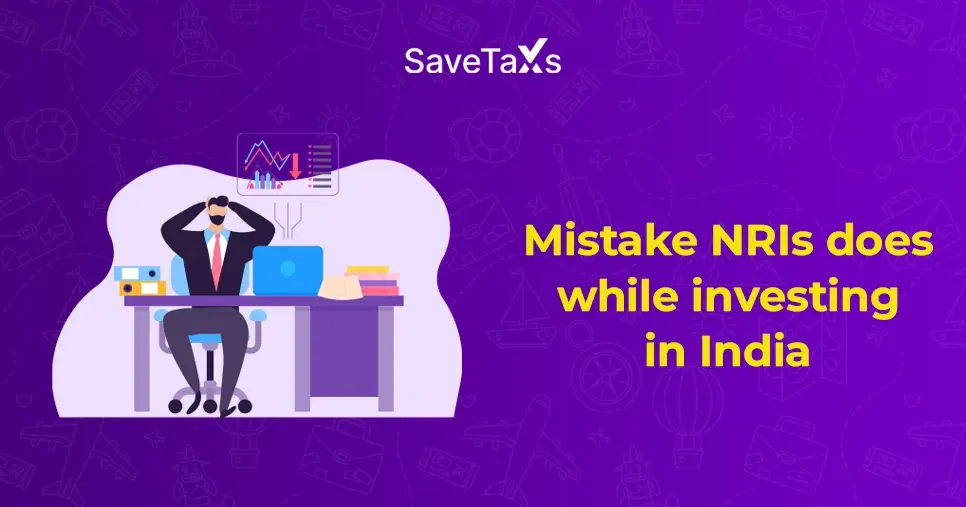Section 40(a)(i) states that certain expenses payable to the NRI are disallowed as business deductions if the person paying fails to deduct the TDS. This section ensures that tax compliance is maintained even in cross-border transactions.
In this blog, we will discuss Section 40(a)(i) of the Income Tax Act, including the exception of the section and more.
What is Section 40 (a)(i) of the Income Tax Act?
Section 40 of the Income Tax Act outlines that any sum payable to a non-resident Indian, like commission, interest, technical or professional fees, or any other chargeable sum, must be disallowed as an expense in the taxable income if the concerned taxpayer has not deducted tax deducted at source (TDS) on such payment.
In simpler terms, any expenditure a business incurs is allowed to be deducted while computing the taxable income of the business. Suppose an entity has paid an amount to a non-resident Indian (NRI) and failed to deduct TDS. In that case, the company cannot claim this business expense deduction when computing its annual taxable income.
For example, Mr. Gaurav is a sole proprietor and has made an investment of Rs 1,00,000 in a company that has been incorporated outside India. Now Mr. Gaurav fails to deduct the TDS on Rs 1,00,00 before the remittance.
In such a case, the entire Rs 1,00,000 will be excluded from his annual taxable income. That is, Mr. Gaurav will not be able to claim a deduction for the amount he paid to the company in India.
Is the Payment Disallowed Permanently Under Section 40(a)(i)
Although the payment made to a non-resident Indian (NRI) without deducting the TDS is disallowed from the taxable income. However, not a permanent disallowance.
If the payer deposits the computed TDS amount while complying with the other provisions of the Act, then in such a case the expense incurred will be allowed for deduction for the financial year in which the TDS is deducted and deposited ot the Government of India by the Payer.
Hence, in the case of Mr. Gaurav, he will be able to deduct the TDS on Rs 1,00,000 paid in the assessment year after the TDS has been deducted and deposited with late fees and penalty to the government of India.
What are the Exceptions to Section 40(a)(i)
There are a few exceptions where, even if the TDS on payment to a non-resident has not been deducted, the expenditure incurred by the business will be allowed as a deduction. Such exceptions are:
- If the person paying has filed a tax return under section 139.
- If the person paying has disclosed such income on his tax return and has therefore paid the applicable tax.
- If the payer can prove that the expenditure incurred is for personal purposes and not for business.
- If the payment made is below the set threshold, it has TDS compliance applicable to it.
Expert NRI Tax Assistance A Click Away
For any individual paying a certain sum to a non-resident Indian, understanding the provisions of section 40(a)(i) is quite essential. The exceptions under this section are crucial to consider because they ensure that you do not miss out on any legitimate deductions.
For any NRI who needs assistance and expert consultation around this section of the Income Tax Act, Savetaxs is here to help. Connect with us, and our experts will guide you through it.
Note: This guide is for informational purposes only. The views expressed in this guide are personal and do not constitute the views of Savetaxs. Savetaxs or the author will not be responsible for any direct or indirect loss incurred by the reader for taking any decision based on the information or the contents. It is advisable to consult with either a Chartered Accountant (CA) or a professional Company Secretary (CS) from the Savetaxs team, as they are familiar with the current regulations and maintain accuracy throughout the whole process.

Mr Shaw brings 8 years of experience in auditing and taxation. He has a deep understanding of disciplinary regulations and delivers comprehensive auditing services to businesses and individuals. From financial auditing to tax planning, risk assessment, and financial reporting. Mr Shaw's expertise is impeccable.
Want to read more? Explore Blogs
Frequently Asked Questions
No matter what your source of income is, we've got you covered. There’s a plan for everybody!
(i)-Of-The-Income-Tax-Act_1756812791.webp)

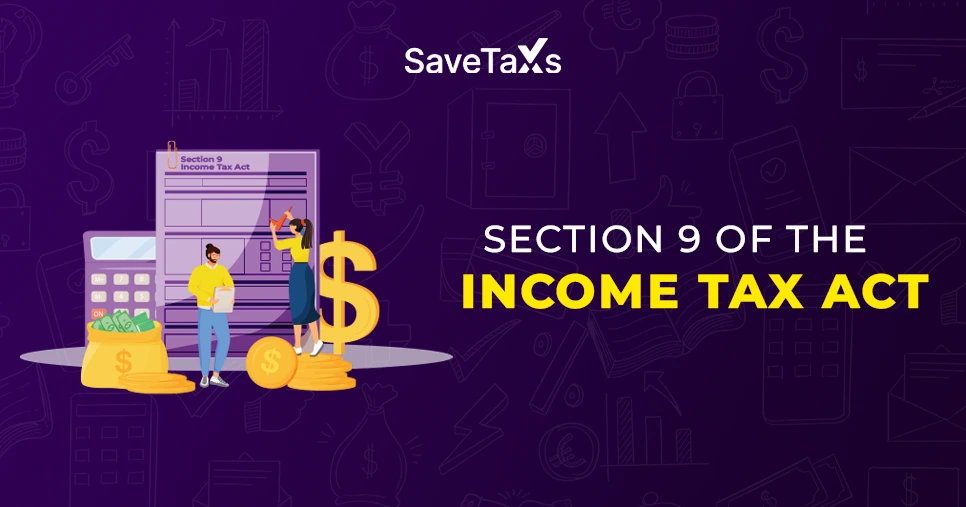
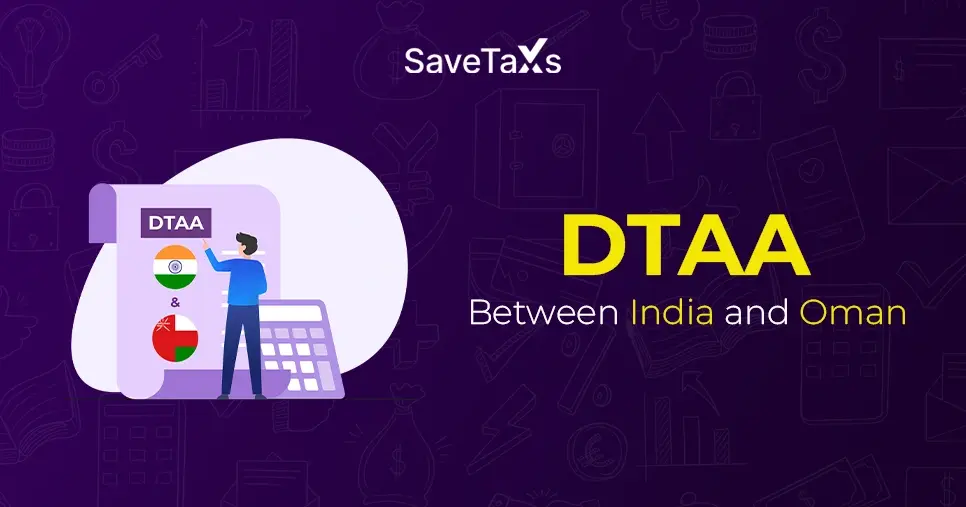
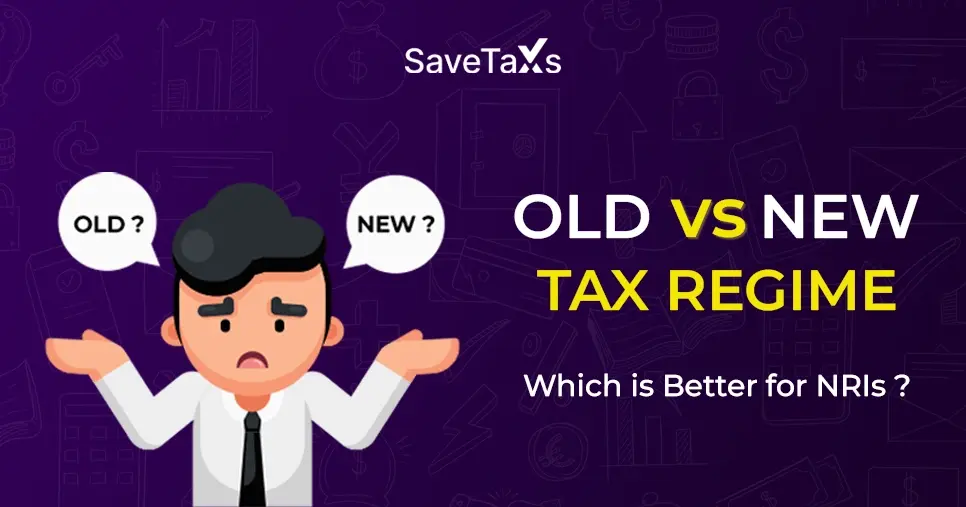
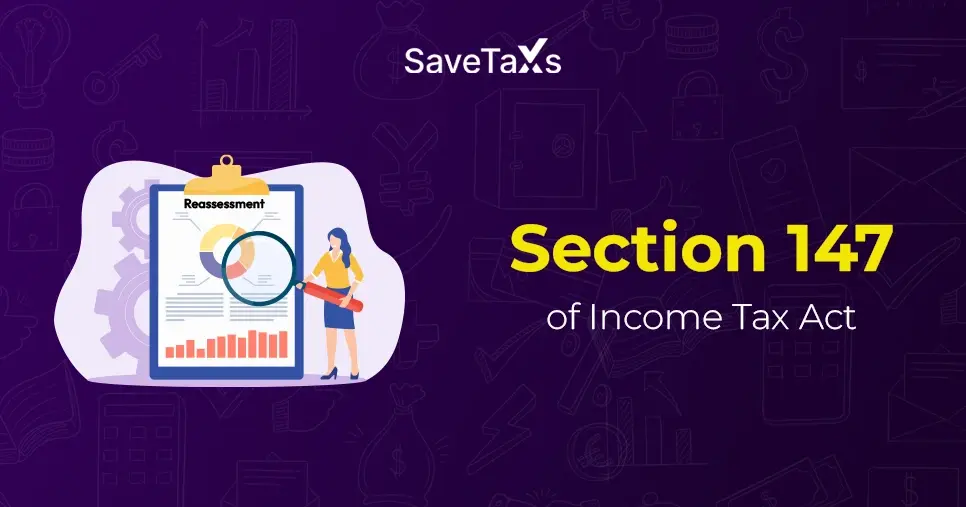
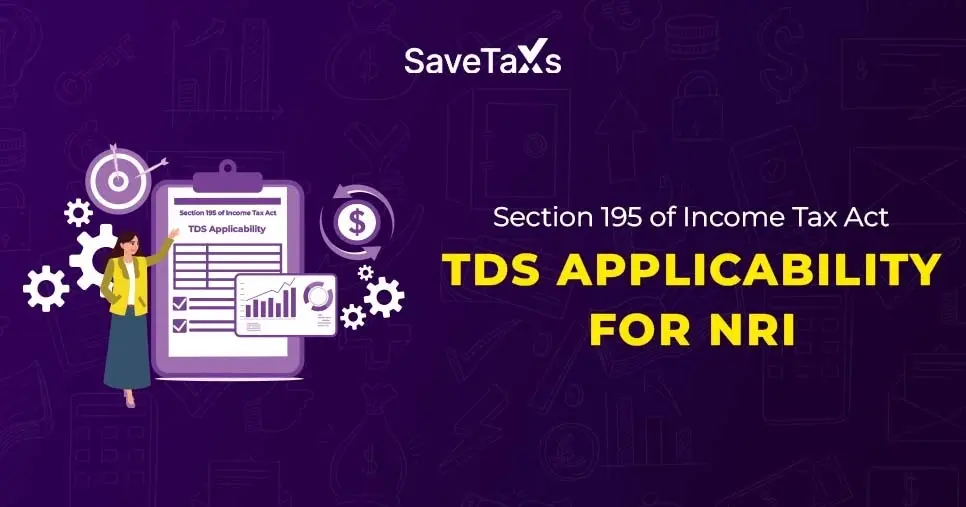
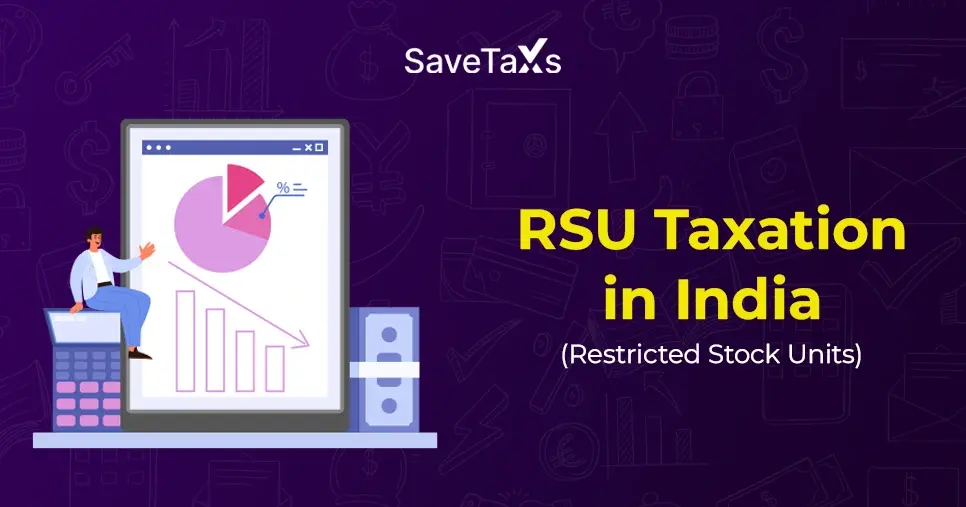
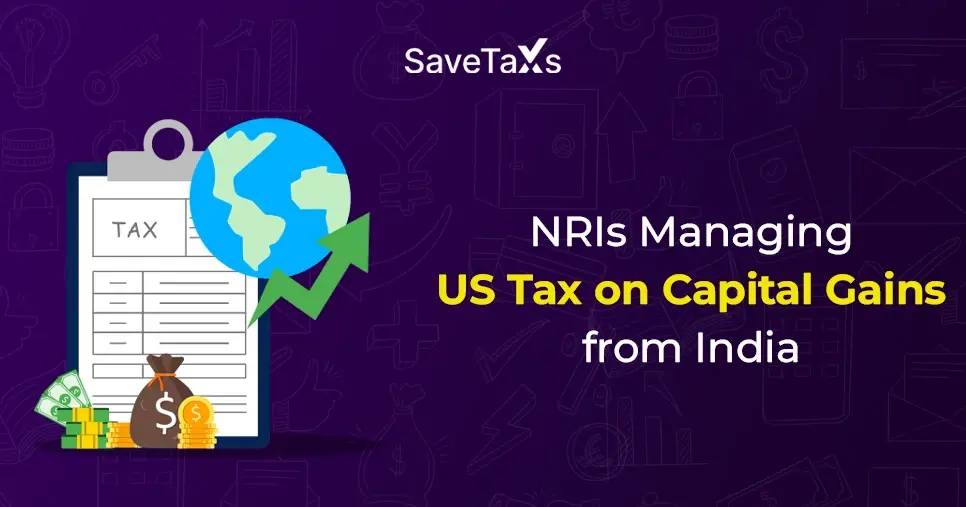
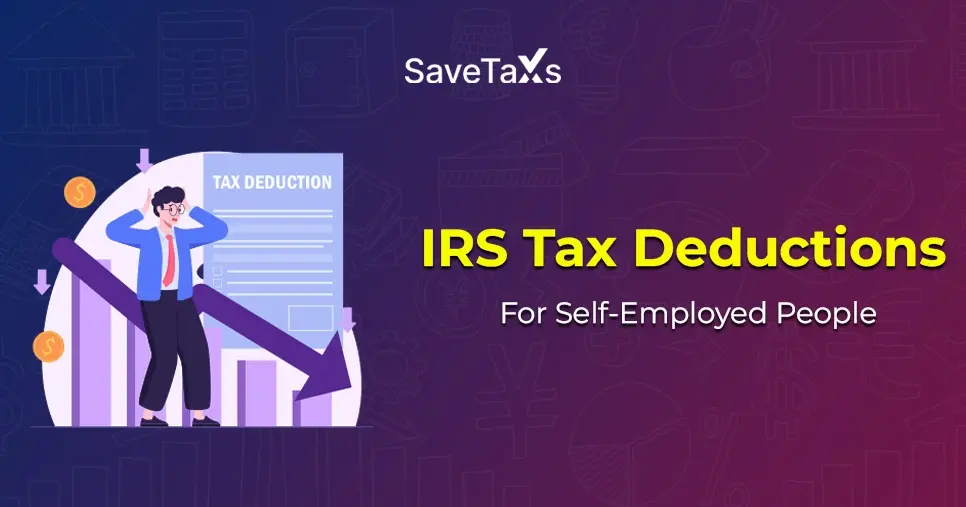
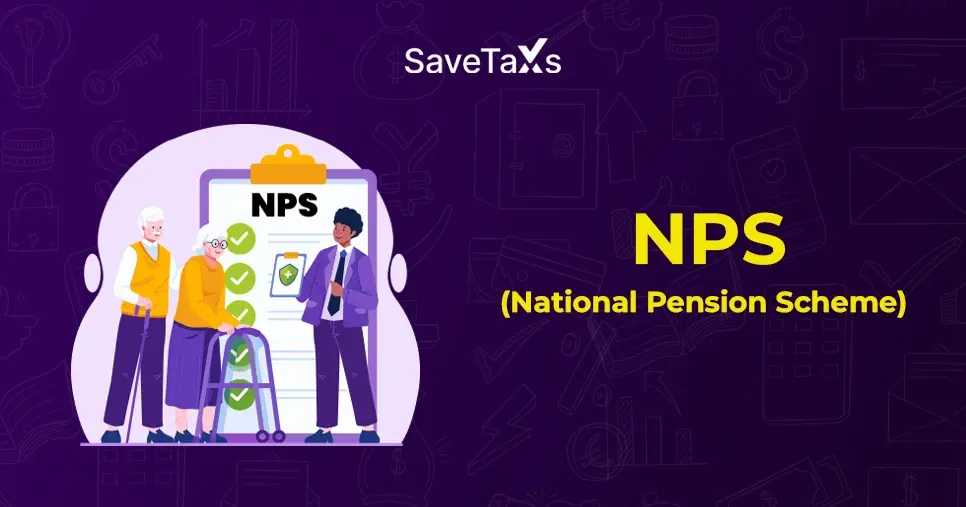

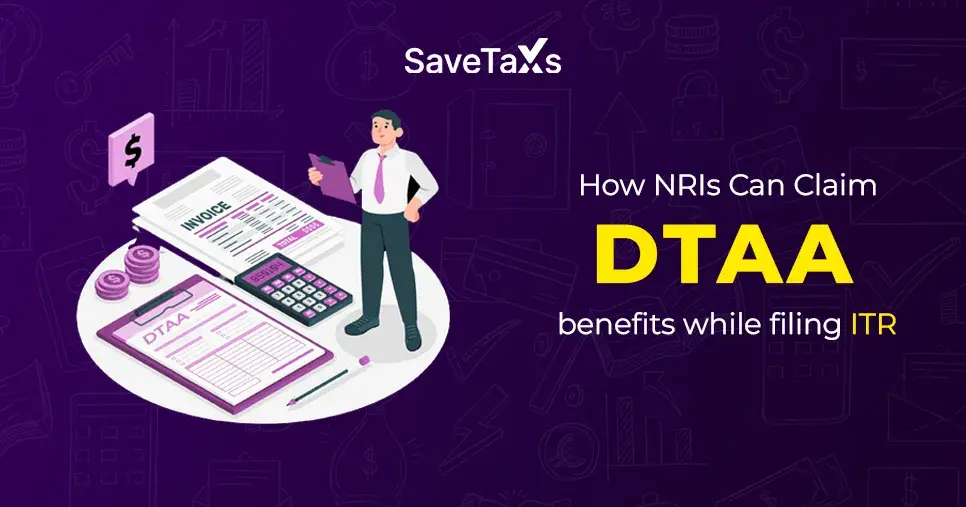
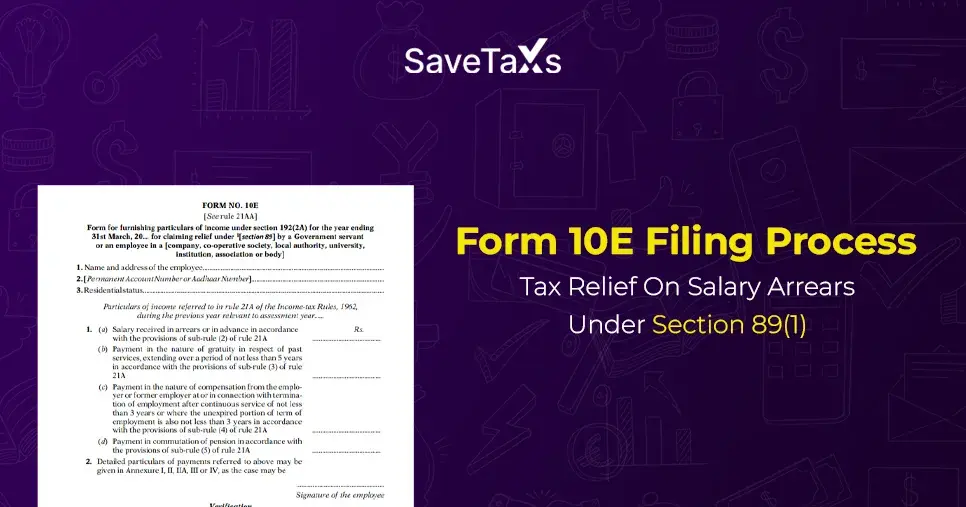
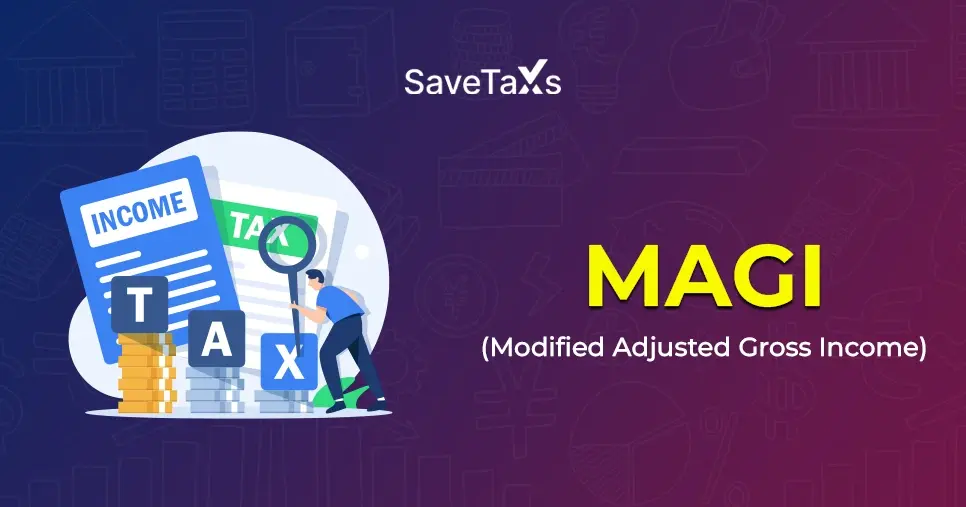
_1766129179.png)
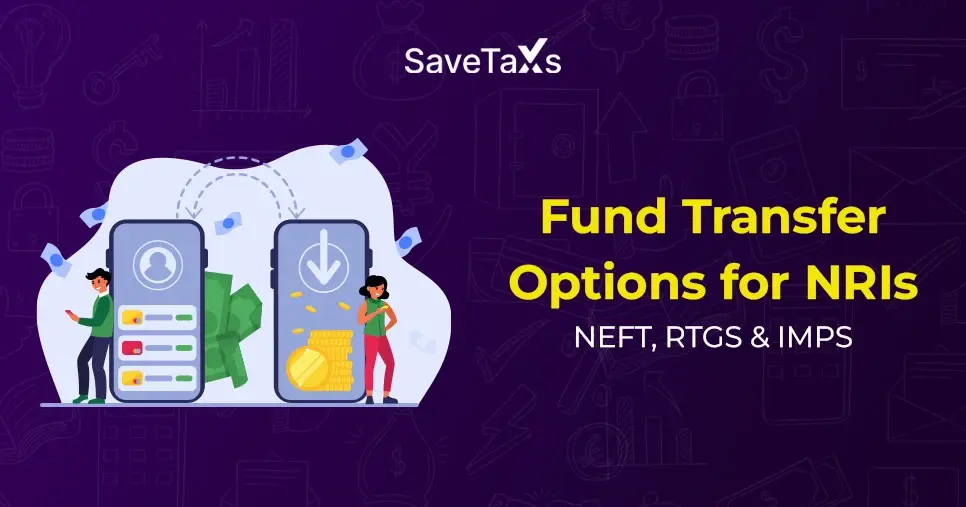

_1763555884.webp)

